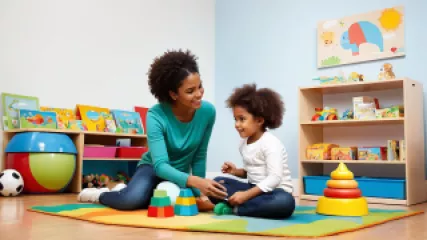10 Best Therapeutic Self-Disclosure Practices for Emotional Well-Being
1 year ago
Therapeutic Self Disclosure
Behavioral Guidance for Parents: An Insightful Opinion on Effective Strategies
1 year ago
Child Behavior
Why Positive Parenting is Key to Managing Childhood Behavior
1 year ago
Child Behavior
How to Build Strong Patient Relationships: A Step-by-Step Guide
1 year ago
Cultivating Patient Relationships
What is Therapeutic Self-Disclosure and How Can it Improve Emotional Well-Being?
1 year ago
Therapeutic Self Disclosure
What is Mindful Communication and How Can It Improve Your Relationships?
1 year ago
Mindful Communication
Why Parents Should Prioritize Behavioral Guidance for Their Children
1 year ago
Child Behavior
Enhance Your Communication with Mindful Practices
1 year ago
Mindful Communication
The Ultimate Guide to Improving Communication Skills
1 year ago
Communication Skills
10 Proven Strategies to Improve Child Behavior
1 year ago
Child Behavior
6 Proven Strategies to Enhance Your Communication Skills
1 year ago
Communication Skills
Mastering Peer Competition: A Step-by-Step Guide
1 year ago
Handling Peer Competition
The Ultimate Guide to Mindful Communication
1 year ago
Mindful Communication
10 Best Strategies to Confront Bias and Promote Inclusivity
1 year ago
Confronting Bias















